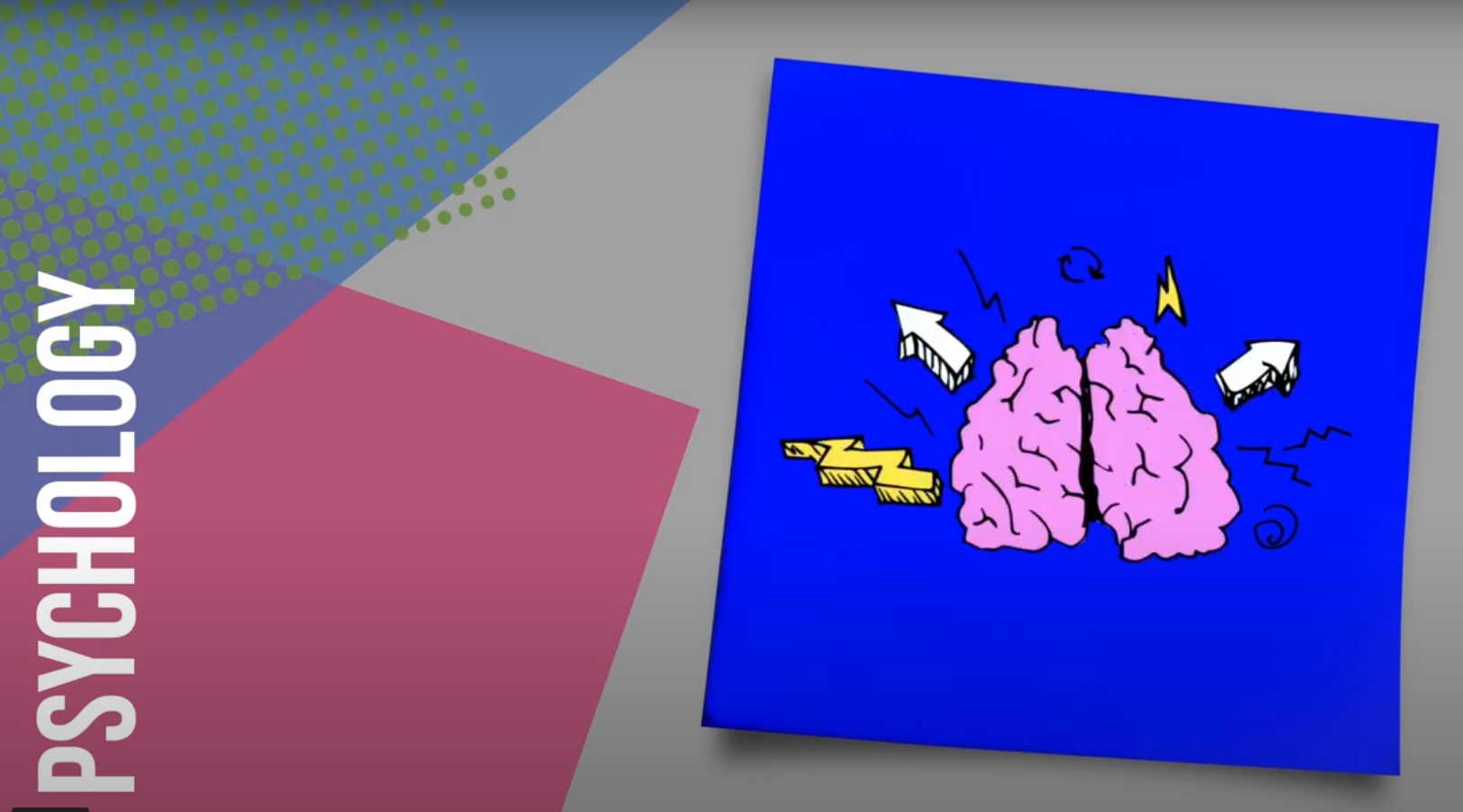Psychology (A Level)

Psychology is the most rapidly developing subject of the 21st Century. We pursue a better understanding of human behaviour by unravelling the biological, cognitive, social and cultural influences that underpin what we do and say, and why people think and behave the way they do.
From the atrocities of war and inequality to the wondrous process of child development; from 'broken minds', aggression, stress and the effect of child abuse to intelligence, memory and 'normality', the reach of psychology pervades all aspects of humanity. Psychology debates the extent to which we have freewill, how influential nurture is and to what extent every individual is unique.
Future Opportunities
Many of our students will go on to study Psychology or a closely-related undergraduate course at University.
A degree in Psychology is broadly useful for many post-graduate opportunities in employment, education or training and is increasingly desirable owing to the widely applicable skills and knowledge that Psychologists use in their work.
Examples of vocational courses and academic subjects that our students have pursued at degree level include:
- Mental Health Nursing
- Counselling
- Occupational Therapy
- Language Therapy
- Psychology
- Neuroscience
- Education
- Business
- Politics and History
- Criminology and Forensic Psychology.
What are the entry requirements?
Five or more GCSEs Grade 9-4 or equivalent, including at least Grade 5 in English Language or English Literature and Grade 4 in Mathematics.
What will I study?
Introductory topics in Psychology
This unit covers four of the major areas of psychology, namely:
- Social influence (which covers topics such as obedience and conformity)
- Memory
- Attachment (which covers the relationship between a child, its mother and other caregivers, such as the impact upon the child of attending nursery)
- Psychopathology (which covers the application of psychological theory to the explanation and treatment of mental health problems)
Psychology in Context
This unit covers the major approaches in psychology (for example the work of the behaviourists, Freudian psychology, etc). It also covers the importance of biopsychological ideas to explaining human behaviour. The research methods commonly used in psychology is also a focus of this unit, although students should note that the theme of research runs through all areas of the course.
Issues and options in Psychology
This covers issues and debates in psychology, such as the nature v nurture debate and the gender/cultural biases present in psychological research and theory. It also covers three options, one from each of three categories. At present, we are planning to cover:
- Gender
- Stress
- Forensic psychology.
How will I be assessed?
As well as continual assessment and feedback from your teachers throughout the course, at the end of the two years you will complete 3 external examinations, which are 2 hours long and the questions will be a range of multiple choice, short answer and extended writing. Paper 1 - Introductory Topics in Psychology. Paper 2 - Psychology in Context. Paper 3 - Issues and Options in Psychology. So, its's 100% examination at the end of the course with the AQA examination board.
What is the average class size?
Psychology is a popular choice, so we often have two classes in each year group. Class sizes can be around 20 students but never any more than 25.
Are the teachers specialists in the subject area?
Mrs May and Mrs Cook are experienced psychology teachers and specialise in the subject. Mrs May also specialises in and teaches GCSE and A level Biology.
How successful have previous students been in this subject?
Students are well supported and make excellent progress, with many achieving the top grades. Each year a lot of our students go on to study psychology at university.
What other subjects compliment this course?
The literacy aspect of the course complements subjects such as English and History. The scientific elements link with Biology and PE. Other social sciences subjects such as Sociology and Criminology share elements such as research methods and many find it goes well with Health and Social Care. We've also had students studying Maths and Chemistry who pick Psychology. So, psychology goes with a wide range of other courses and all subject combinations.
Will studying this subject allow me to go to university?
Yes, the skills you gain will allow you to pursue a range of degree courses. Many of our students go on and study a single honours degree in Psychology or do it as a joint honours degree with another subject.
What careers can the subject lead to?
If you continue the study of psychology at university you can go into areas such as Clinical Psychology, Educational Psychology, Sport Psychology. Studying psychology at A level can lead to careers in media, counselling, social work, art therapy, forensics, marketing, health...the list is endless!
